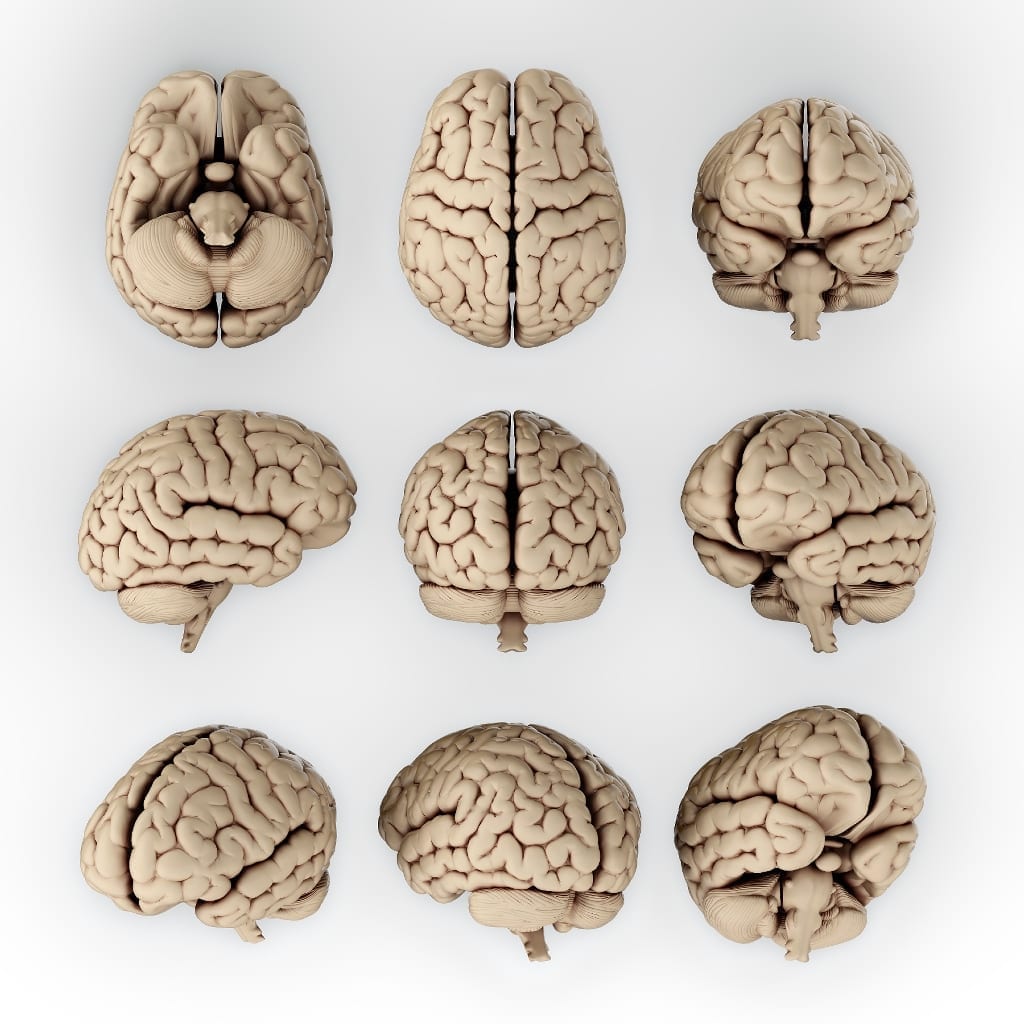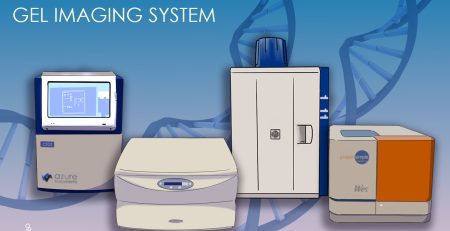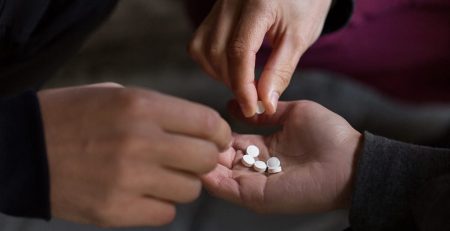Johns Hopkins Grows “Mini-Brains” for Lab Testing
Most drugs tested on mice don’t work on humans, and according to Dr. Thomas Hartung of Johns Hopkins’ Bloomberg School of Public Health this is because we’re “not 150-pound rats.” Dr. Hartung’s team have developed what they’re calling “mini-brains” made up of many of the neurons and cells of the human brain and which can be replicated on a large scale, according to a release issued by the university, and used for lab testing.
The team created the brains using induced pluripotent stem cells (IPSCs), which are adult cells that have been genetically reprogrammed to an embryonic stem cell-like state and then are stimulated to grow into brain cells. While this took several months, this was long enough for them to develop four types of neurons and two support cells. At just 350 micrometers in diameter, researchers were able to grow hundreds of test subjects in a single petri dish, and each batch can produce hundreds of thousands of identical copies. While these may not be the first institutionally developed brain cells, Dr. Hartung argues that this is the most standardized one.
“We don’t have the first brain model nor are we claiming to have the best one. But this is the most standardized one. And when testing drugs, it is imperative that the cells being studies are as similar as possible to ensure the most comparable and accurate resuts,” Dr. Hartung said.
This new method of “mini-brain” development was recently presented at the annual meeting for the American Association for the Advancement of Science (AAAS), where Dr. Hartung told attendees he believes “the future of brain research will include less reliance on animals, [and] more reliance on human, cell-based models.”
In addition to potentially being adapted as an option to replace animal testing on a large scale for brain research, this development could also have other potential applications, including using skin cells from people afflicted with certain diseases to grow brains that would allow scientists to study Alzheimer’s, Parkinson’s, multiple sclerosis and autism.














